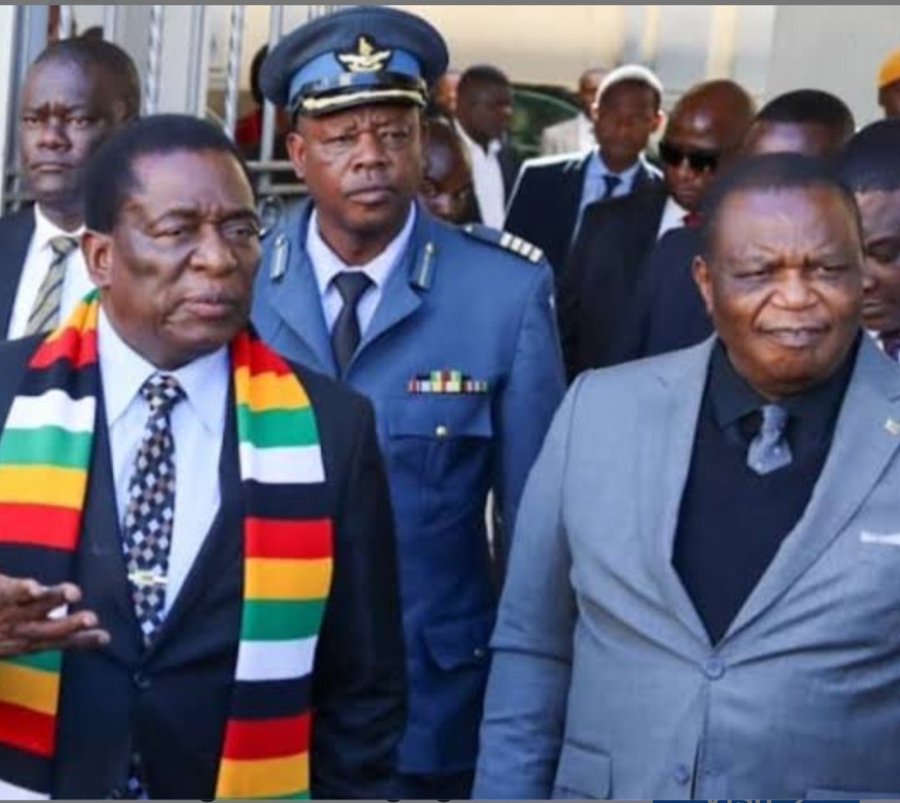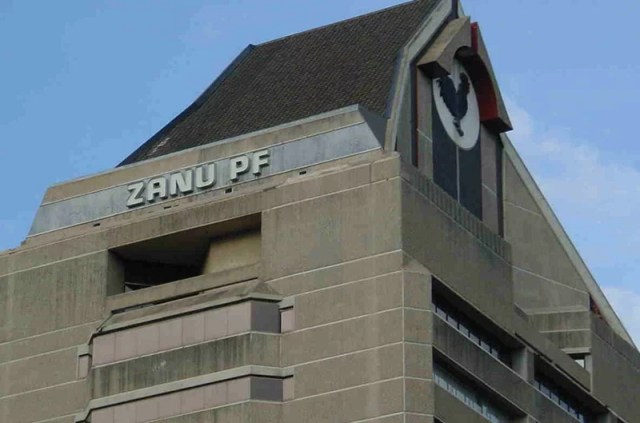ZBC CAPTURED: ZANU PF YOUTH LEAGUE LEADER TAKES CONTROL

In a move that could change media freedom in Zimbabwe, Charles Munganasa, the leader of the Zanu PF Youth League, has been made the acting chief executive of the Zimbabwe Broadcasting Corporation (ZBC). Munganasa is already part of the ZBC board and is also the Zanu PF Masvingo provincial Youth League secretary for administration. Many people see this as the final step in the ruling party’s control over ZBC, which is supposed to be a public broadcaster for everyone.
The ZBC board is led by Helliate Rushwaya, who is President Emmerson Mnangagwa’s niece. This has made many people upset because it looks like a clear conflict of interest. They believe it will make it hard for ZBC to stay independent. Munganasa is replacing Assael Machakata, who had been acting as chief executive since February. Machakata took over after Adelaide Chikunguru, the former CEO, resigned after being suspended.
This move is seen as a way for the ruling party to tighten its control of ZBC. This control is a serious threat to the independence of journalists and the professional standards of the media. All around the world, powerful governments have tried to control the media, and this often leads to a loss of freedom for journalists. When this happens, the media is no longer able to do its job as a public service for the people.
This situation is known as media capture. Media capture happens when those in power slowly take over the media for their own gain. It involves taking over the rules that govern the media, controlling how state-owned media works, taking over public advertising, and having political ownership of private media companies. This is happening in Zimbabwe, and it is making free journalism harder to achieve.
The problems at ZBC show how easy it is for the government to take control of state-owned media. ZBC is in a dangerous position because its structure and the way it is managed make it easy for the government to take over. This puts the idea of unbiased media at risk.
Critics say this kind of control takes away the voice of the people. It also makes it harder for democracy to work properly because the media is no longer able to keep those in power accountable. The media is important for giving people information and different opinions. But when the media is controlled by the government, these things become impossible. Misinformation can spread more easily, and people lose trust in the news.
The bigger impact of this media capture is that it limits what people in Zimbabwe can hear. As the country’s state broadcaster, ZBC has a lot of influence over how people see the government and its policies. If the broadcaster only shares the ruling party’s side of the story, then it’s hard for opposition parties to get their message across. This not only hurts democracy but also damages Zimbabwe’s image internationally. It could even hurt the country’s relationships with other countries and affect its economy.
People who care about media freedom and democracy are calling for changes to fix this problem. They are asking for stronger rules to protect media independence and prevent political interference. They also want to see more diversity in the media so that different voices can be heard, not just those of the ruling party.
As Zimbabwe continues to face these challenges, there is still hope that things can change. Civil society groups and international supporters are working to bring awareness to the issue. They believe that with enough pressure, Zimbabwe can return to having a media that truly serves the people, holds power accountable, and supports democracy.
The future of Zimbabwe’s media is uncertain, but there is still time to make things right. By standing up for media independence and pushing for real reforms, Zimbabwe can build a stronger democracy where the media plays its true role as a public good.

